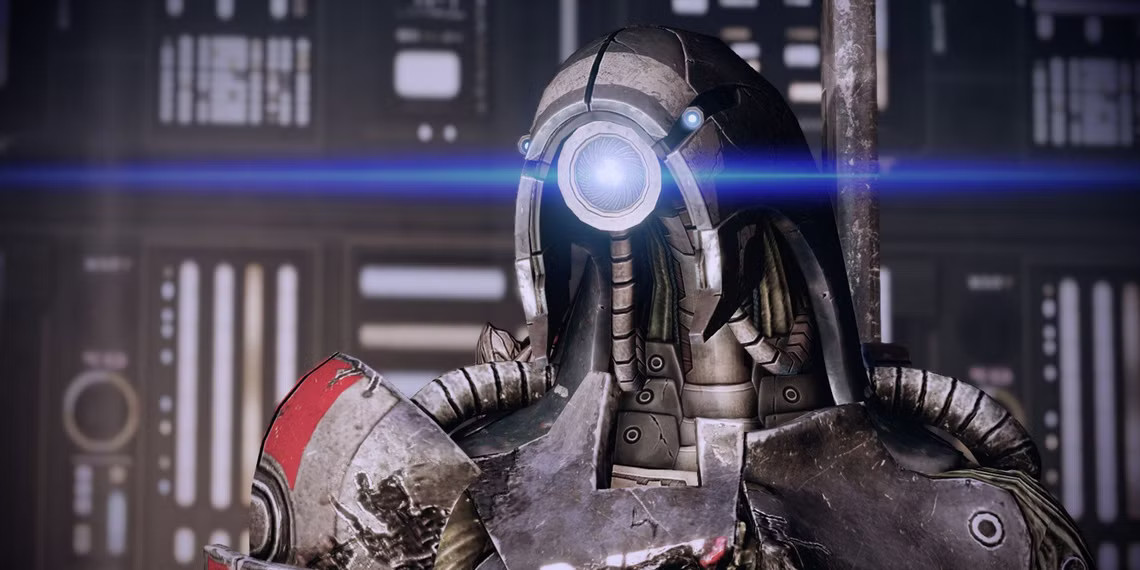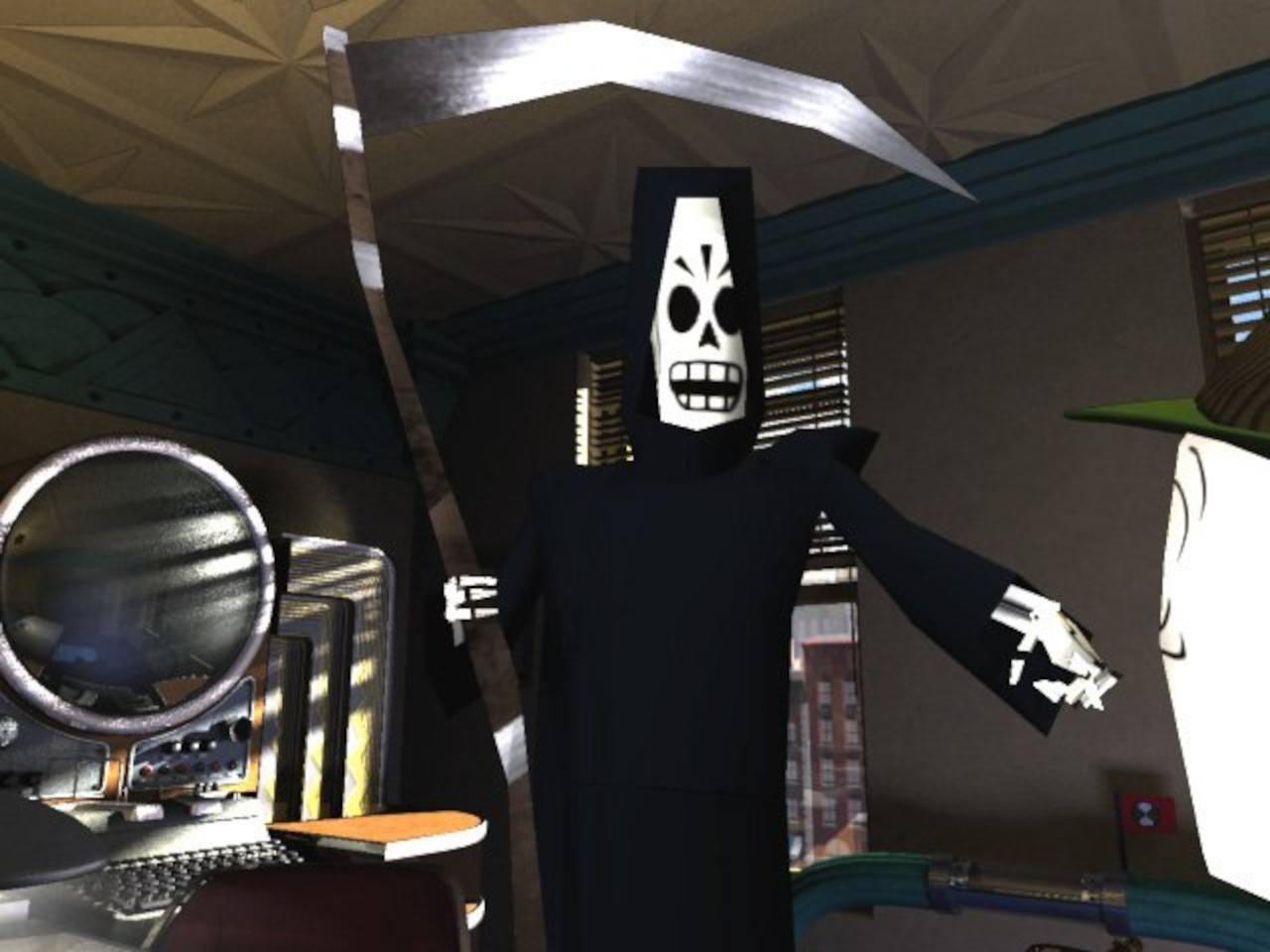The Nintendo Switch 2 was unveiled this month to the collective butt puckering or millions of gamers. The console would be considerably more expensive than its predecessors, and first-party games would receive a whopping 33% price hike on top of that. Needless to say, a lot of gamers and non-gamers alike were pretty upset. Well, except for a handful of hardcore Nintendo fans who act like the company does absolutely no wrong, and that we’re all insane for thinking otherwise.
The phenomenon of the fanboy has been around for almost as long as gaming itself. However, it rose to significant prominence during the original console wars of the 1990s. You were either on Team Sega or Team Nintendo, and you fought tooth and nail to defend that tribe. Then it became Team Sony and Team Nintendo, then Team Sony and Team Xbox. Their console of choice was superior to all others, had no flaws, and you should just buy it and not be a loser.
Obviously, this is silly thinking, and in recent years, it’s fallen out of vogue among gamers. Especially as the industry has become more homogenized, and people have started to realize just how awful it is. Most of these companies don’t care about their customers, or in many cases, view them with outright contempt. So showing that kind of mindless loyalty to a brand makes one look stupid. Yet they still occasionally come out of the woodwork.
Nintendo fanboys have taken to social media in droves to try and defend the company’s practices. It comes off as pathetic pandering to corporate overlords who don’t know them from Adam. People like this are, of course, a marketer’s wet dream. However, this sort of “fan” doesn’t result in better products or better sales, as we saw with the Wii U and 3DS at launch.
I think it’s important to point out that there is a big difference between someone who’s a fan and someone who’s a fanboy. A true fan wants your product to be better. Therefore, they will offer fair critique when it’s due. These are the people you should listen to. They’re passionate but not blindly loyal. They recognize that nothing is perfect, yet they’re a wellspring of ideas on how to improve, because they understand your product probably better than anyone.
Fanboy sycophants, meanwhile, will only whisper sweet nothings in your ear. We’ve seen time and again where game companies and developers will fall for this siren song. It can be intoxicating to be told that everything you do is perfect. Yet it can lead companies to double down on some terrible ideas. More studios and franchises have been tanked by this than one can count. It’s important to always know who the real fans are, and not those who are just riding the bandwagon.





